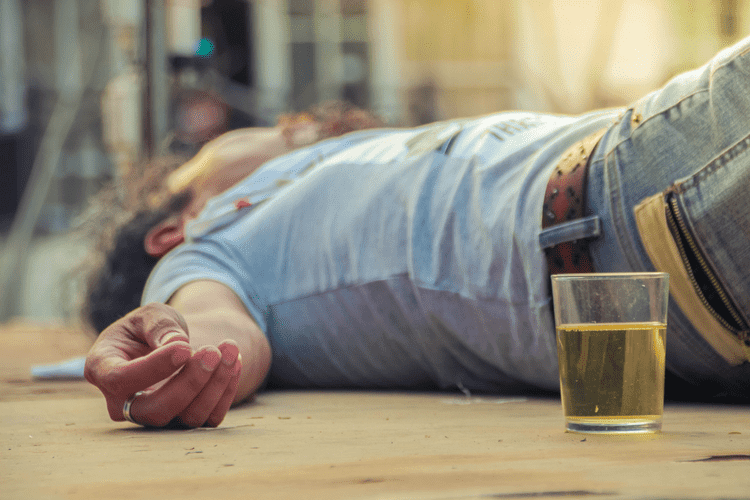How Do You Stay Motivated in Addiction Recovery?
Content
Say “thank you” to your higher power and work hard daily to keep a feeling of gratitude in your heart. If you have unhealthy people in your life, your schedule can also help you to maintain your personal boundaries. It’s vital that you attend to what’s important and avoid putting your needs on the back burner for the sake of “helping” others.
Recovering from addiction is not only a test of strength, determination, surrender, but also perseverance which is often cultivated by motivation. Other community-level interventions may also promote long-term recovery. “Housing first” initiatives for those with substance use disorders appear to reduce homelessness rates and may improve substance use outcomes . Communities can also work to reduce triggers for relapse, by limiting how many hours per day bars and restaurants can serve liquor, and reducing the density of liquor stores. Improving the location and physical appearance of substance use disorder treatment facilities may reduce stigma and increase interest in getting help. It can be quite an eye-opener to contrast the appearance of buildings devoted to other medical disciplines (e.g., cardiac care, cancer treatment) to those that house addiction treatment programs.
Connect with the recovery community
Meanwhile, your success during recovery can be strengthened by developing relationships with others and by the desire to live a healthier, more productive life . The key is to maintain the motivation to pursue recovery, outweighing your earlier motivations to remain dependent on your substance of choice. During abstinence, when a person quits using the drug they are addicted to, the brain shifts and readjusts. Any drug, regardless of whether it is addictive or not, can cause withdrawal symptoms if it is taken often enough.
- The individual who passes through rehab does not graduate .Their journey is only just beginning.
- Neuroscience has produced a great number of intriguing findings, but no real advances in treatment to this point.
- In accordance with the American Society of Addiction Medicine, we offer information on outcome-oriented treatment that adheres to an established continuum of care.
- Wahl et al. found that exercise intensity tolerance directly affected perceived stress and recovery.
To help, one of the best ways of finding motivation during addiction recovery is to keep a recovery journal. You can write about recovery motivation it, talk about it, or even create a video blog. You’d be amazed at how many others will share their own insights with you.
A Distorted View of Change
Pursuing recovery from addiction is not like signing up for a college course, where the syllabus and course outline are given to you in advance. In that case, you are well aware of the times and dates that indicate the most challenging portions of the course as well as when you can coast through the simpler portions. Sticking to healthy habits can help alleviate symptoms of depression and anxiety and decrease bad moods. Getting enough sleep, exercise, and water and fueling our bodies with healthy foods can help us feel good both physically and mentally.

They are not happy in recovery, and their behavior can be just as maladaptive as when they were in the midst of their addiction. The dry drunk has not emotional sobriety so they are unable to find real happiness. He graduated with a degree in journalism from East Carolina University and began his professional writing career in 2011.
Why Is Emotional Intelligence Important for Addiction Recovery?
Dutra L, Stathopoulou G, Basden S, Leyro TM, Powers MB, Otto MW. A meta-analytic review of psychosocial interventions for substance use disorders. By keeping a recovery journal, you’re learning to articulate the different emotions, thoughts, and experiences you go through on your journey. This articulation leads to understanding; understanding leads to progress.
